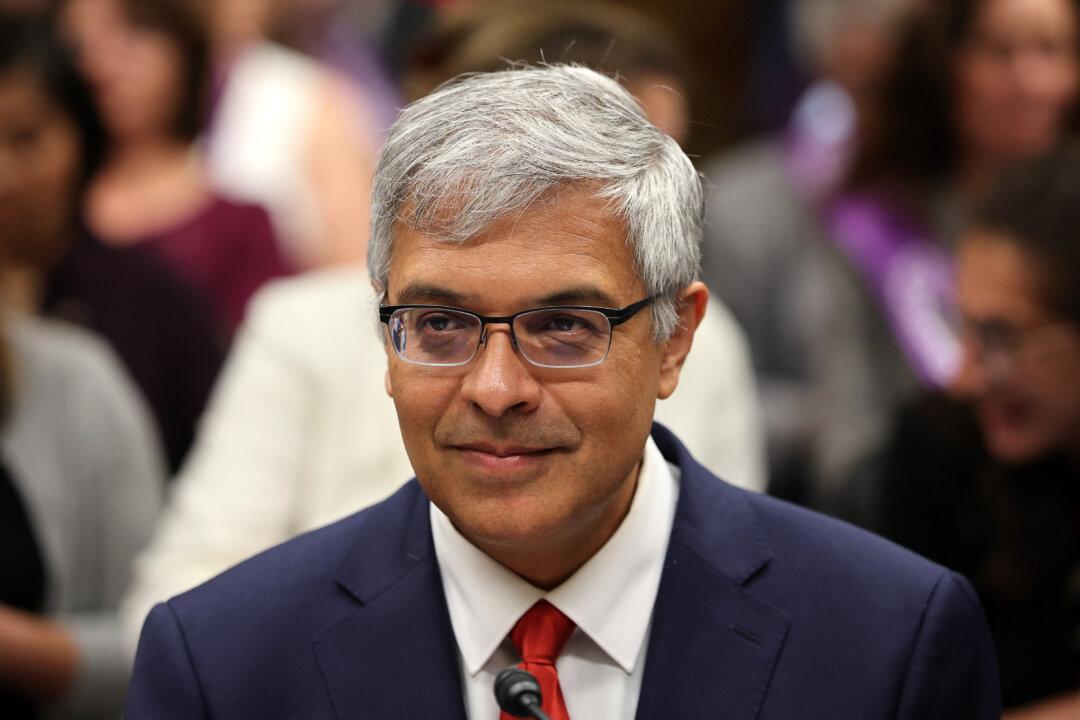U.S. President Barack Obama suffered a mental collapse recently, unbeknownst to most people, a new tabloid report claims.
Globe magazine says in its upcoming November 24th issue that Obama suffered a “secret mental breakdown.”
In the report, Globe says that the breakdown stemmed from the “devastating election disaster,” referring to Democrats being beaten by Republicans in the midterm elections.
Though Globe released the cover of the magazine, it hasn’t published any of the exclusive details it says it obtained on the breakdown yet.
It’s the second report from Globe about Obama recently.
It said in its November 3rd issue that the president’s marriage with Michelle Obama “is over” after the president was caught lusting after “yet another” married Hollywood beauty.
The report also claimed that Michelle, who has been married to Barack for 22 years, has a lover in the Secret Service.
A somewhat similar report emerged at about the same time from the National Enquirer, which said that Michelle became upset after she saw him hitting on an engaged woman on television.
She “hit the roof” when she saw the video and told him to “get out,” the report claimed.
“Michelle’s had it. She has warned him plenty of times to keep his hands off women, but he refuses to listen,” a source said.
See an Associated Press story below.
Black Democrats bemoan decision to run from Obama
ATLANTA—Some black political leaders think Democratic candidates who distanced themselves from President Barack Obama sapped enthusiasm among African-Americans in states where they anchor the party’s base.
They point to Senate races in North Carolina, where Kay Hagan was denied a second term, and Georgia, where Michelle Nunn failed to capture an open seat, and Louisiana, where Mary Landrieu is in a runoff next month for a fourth term.
But it’s not clear that a larger turnout among blacks would have made a difference.
Obama lost all three states in the 2012 presidential election, and support for Democrats among African-Americans was roughly the same as in 2008, when Hagan and Landrieu were elected.
“The president is still a great driver of African-American turnout,” said North Carolina state Rep. Rodney Moore. “Kay Hagan supported him during her six-year tenure, so it seems disrespectful that she would not even defend the good things that have happened during his administration.”






